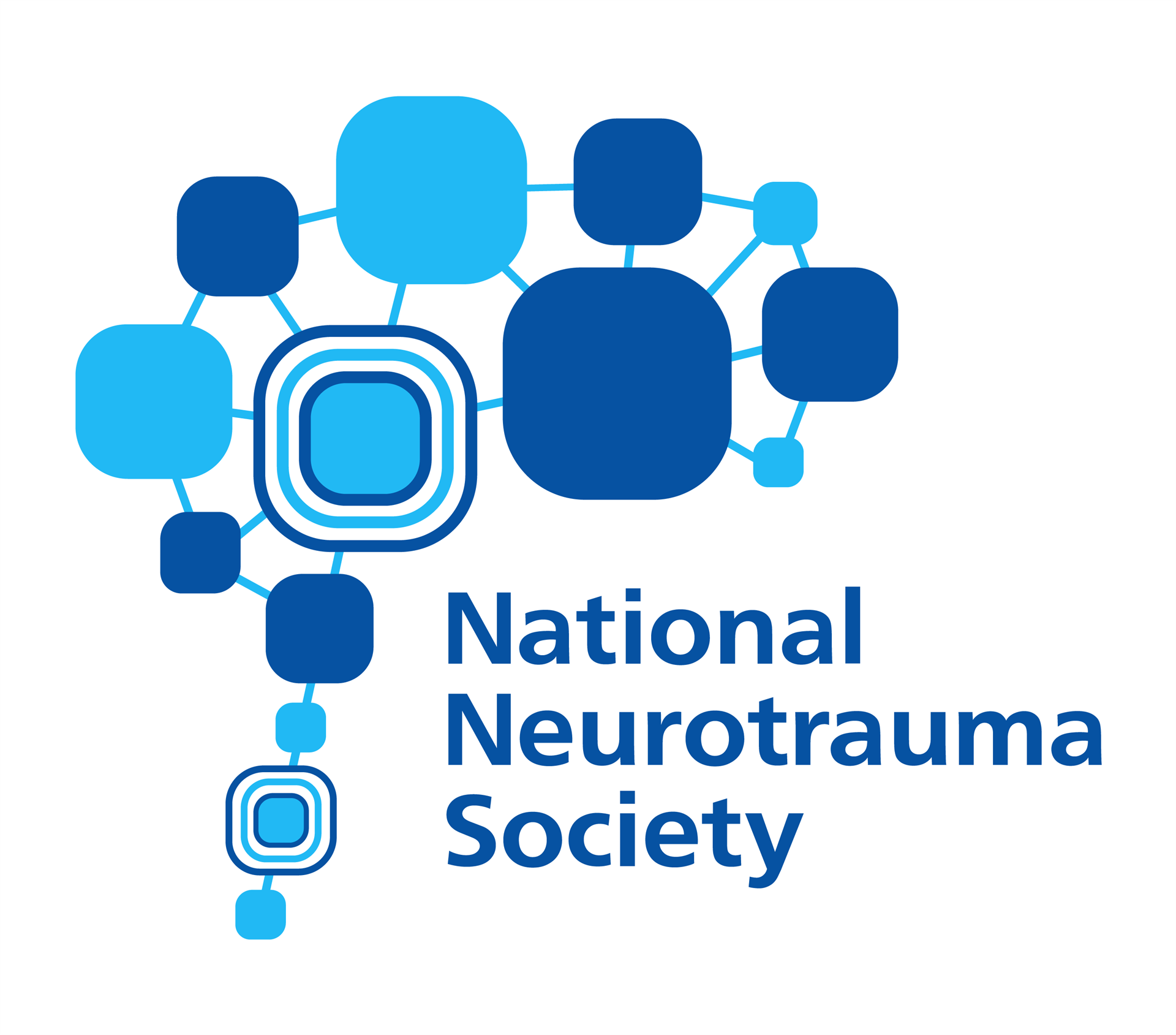Half of concussions are missed or misdiagnosed. Symptoms can be variable, and don’t always present immediately—they might emerge after a few weeks, or a few months. Similarly, they might persist for weeks, months, or even longer.
The information in this section is aimed to assist providers accurately assess and diagnose a concussion.
Explore NEW Concussion Certificate Program for Healthcare Professionals
In partnership with several of our CAN healthcare partners, this CEU course is a great way to learn more about concussion care while fulfilling your continuing education requirements.
Become a CAN Champion
Sign up to become a Concussion Awareness Now Champion for your hospital, clinic, or center and we’ll keep you up to date with resources, tools, and additional education opportunities.
Evaluation of Glial and Neuronal Blood Biomarkers Compared With Clinical Decision Rules in Assessing the Need for Computed Tomography in Patients With Mild Traumatic Brain Injury
Evaluation of Acute Glial Fibrillary Acidic Protein and Ubiquitin C-Terminal Hydrolase-L1 Plasma Levels in Traumatic Brain Injury Patients with and without Intracranial Lesions
Consensus Paper on the Assessment of Adult Patients with Traumatic Brain Injury with GCS 13-15 at the Emergency Department, a Multidisciplinary Overview
ACEP Point-of-Care Tools: Mild Traumatic Brain Injury
The American Congress of Rehabilitation Medicine Diagnostic Criteria for Mild Traumatic Brain Injury
Concussion Symptoms: Thinking Beyond Headaches
- 1
- 2




